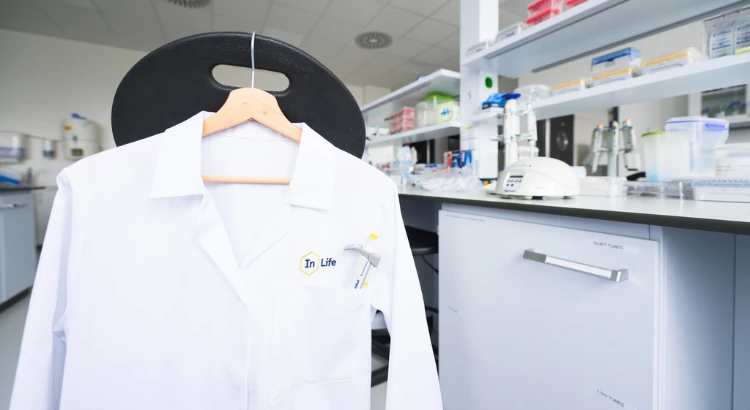Four research projects led by female scientists from our Institute have received a total funding of PLN 9,492,259 as part of the OPUS 28 and SONATA 20 calls announced by the National Science Centre (NCN).
The grant recipients include:
Dr. Sylwia Judycka with the project: CRYO-LARVA: A multi-species exploration of molecular, developmental and transgenerational consequences of sperm cryoselection in fish larvae
Awarded funding: PLN 2,483,407
The aim of the project is to analyze the impact of sperm cryopreservation on larval development and identify potential transgenerational effects. The research will help understand how freezing sperm influences gene expression, phenotype, and inheritance in fish, which is important for both aquaculture and species conservation.
Prof. Agnieszka Wacławik, PhD, DSc – A three-dimensional in vitro endometrium model for studying hypoxia-induced changes and maternal-embryo interactions
Awarded funding: PLN 2,273,714
This research will replicate maternal-embryo interactions and the implantation process under laboratory conditions. The project aims to develop a realistic 3D endometrium model that enables analysis of hypoxia effects and trophoblast signaling during the earliest stages of life.
Dr. Katarzyna Piotrowska-Tomala, DVM – Can fibroblast senescence and resistance to apoptosis contribute to endometrial fibrosis in equine endometrosis?
Awarded funding: PLN 2,736,460
The project will examine whether aging fibroblasts and their resistance to apoptosis affect the development of endometrial fibrosis. The results may contribute to new anti-fibrotic therapies, relevant not only in veterinary medicine.
Dr. Karolina Wołodko, EngD – Delayed embryonic development in obese mothers: the link between leptin and mTOR signaling pathways
Awarded funding: PLN 1,998,678
This research focuses on the relationship between leptin levels, mTOR pathway activity, and the pace of embryo development. The aim is to understand how obesity affects fertility and embryo quality and to explore potential ways to support embryo development through IGF1.
Read more about the projects here.
We congratulate our researchers and wish them success in carrying out their projects!
